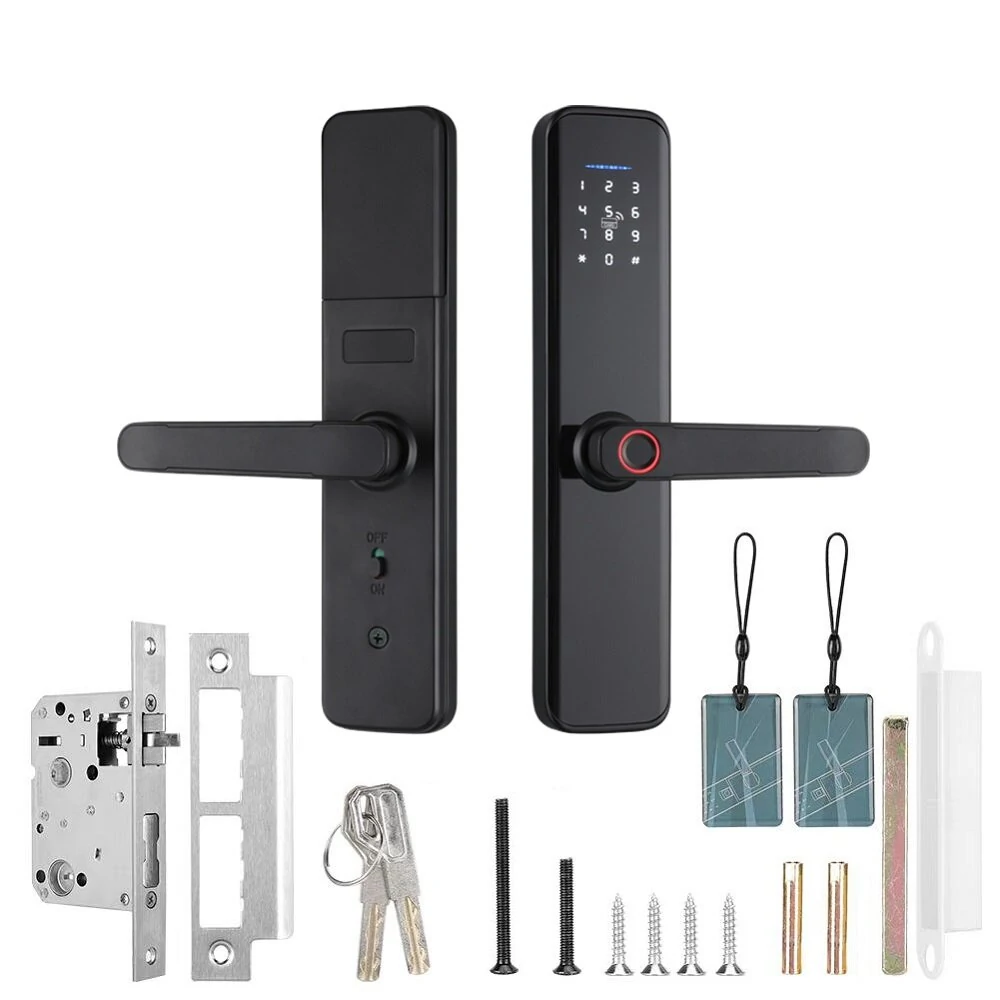The Dorm Room Diet: Eating Well on a Student Budget
By Chris, the Campus Chronicler
As a college student, balancing academics, social life, and a part-time job can be a juggling act. And let's not forget the constant struggle of sticking to a budget. One of the areas where students often cut corners is their diet. But eating well is essential for maintaining your energy levels, focus, and overall well-being.
Fear not, fellow students! Here are some budget-friendly tips and tricks for fueling your academic pursuits without breaking the bank:
1. Cook Meals at Home
Eating out can be convenient, but it's also expensive. By cooking meals at home, you can save a significant amount of money. Start by planning your meals ahead of time and buying groceries in bulk. Utilize frozen fruits and vegetables; they're just as nutritious as fresh produce and much cheaper.
2. Utilize Campus Resources
Many colleges and universities offer free or low-cost meals to students. Take advantage of these resources! Attend campus dining events, visit food pantries, and explore community programs that provide food assistance.
3. Buy Generic Brands
When shopping for groceries, don't be afraid to buy generic brands. They often contain the same ingredients as name-brand products but cost less. Generic brands of cereal, canned goods, and frozen foods can save you significant money in the long run.
4. Cook in Bulk
Cooking in bulk is a great way to save time and money. Prepare larger portions of meals and freeze leftovers for later. This will save you from having to cook every night and allow you to have healthy meals on hand whenever you need them.
5. Share Meals with Friends
Sharing meals with friends is a great way to save money and socialize at the same time. Cook together, split the cost of ingredients, and enjoy a delicious and affordable meal.
6. Utilize Coupons and Discounts
There are many ways to save money on groceries. Use coupons, take advantage of store discounts, and sign up for loyalty programs that offer rewards and discounts.
7. Explore Affordable Dining Options
If you need to eat out, there are still ways to do so on a budget. Look for restaurants that offer student discounts, happy hour specials, or free refills. Fast food restaurants can also be an affordable option, but be mindful of portion sizes and nutritional value.
8. Snack Smart
Snacking throughout the day is important to stay energized and focused. Instead of reaching for sugary snacks or processed foods, opt for healthy and affordable options like fruits, vegetables, nuts, and yogurt.
9. Grow Your Own Food
If you have access to outdoor space, consider growing your own fruits and vegetables. This can be a fun and rewarding way to save money and enjoy fresh, homegrown produce.
10. Meal Prep on Weekends
Set aside some time on weekends to prepare meals for the week ahead. This will save you time and money during the week when you're busy with classes and work. Pre-cut vegetables, marinate meats, and cook meals in bulk to streamline your weekday meal prep.
Eating well on a student budget is possible with a little planning and effort. By following these tips, you can fuel your academic pursuits without sacrificing your financial well-being. Remember, a healthy diet is an investment in your success as a student and beyond.





